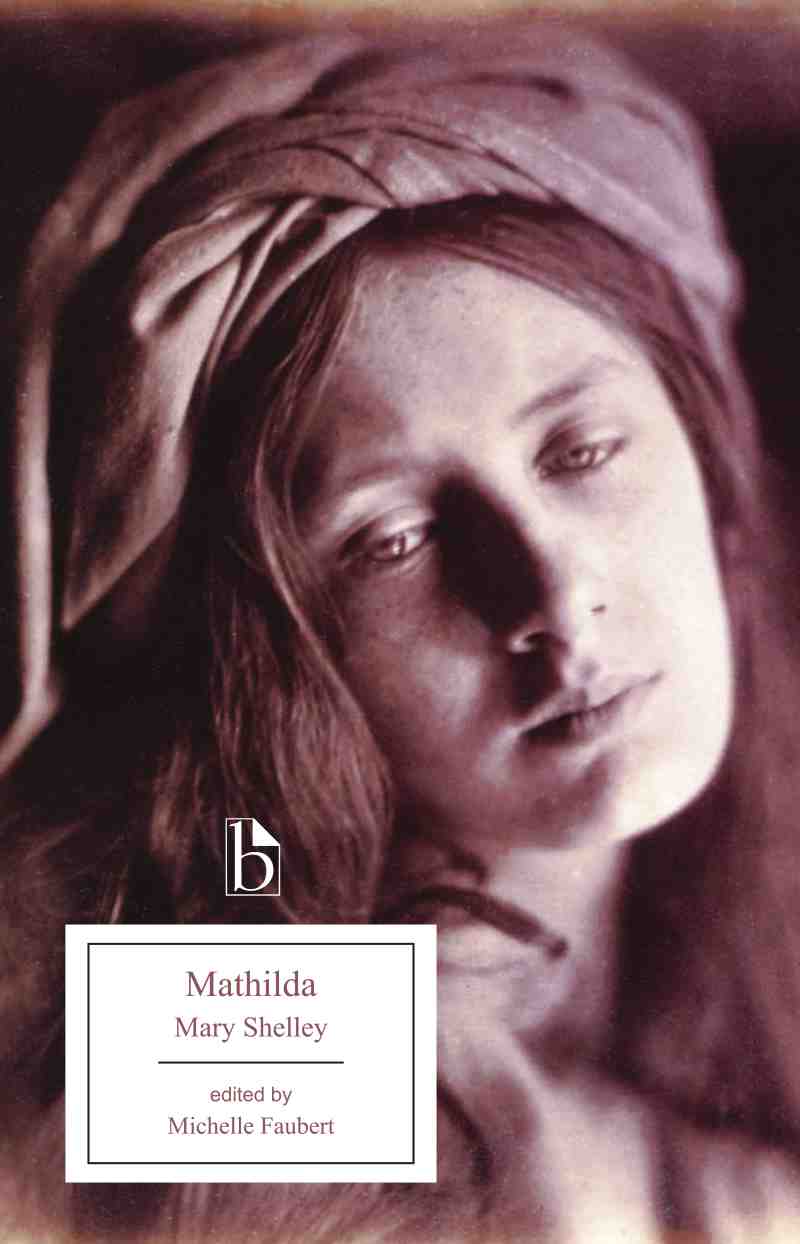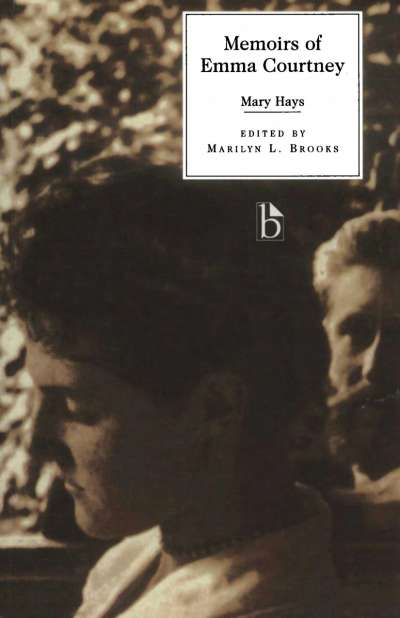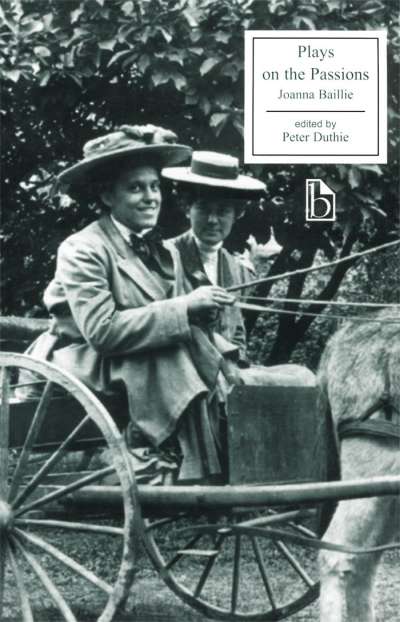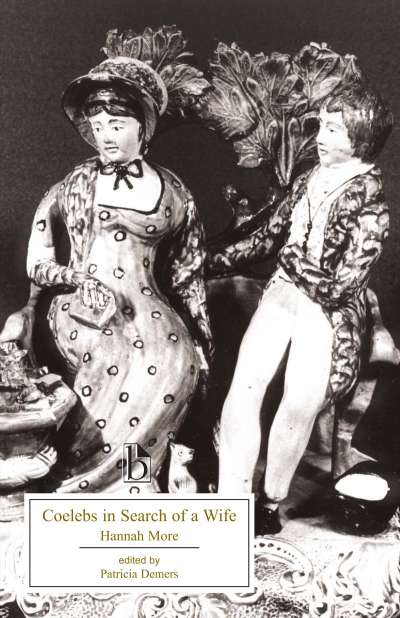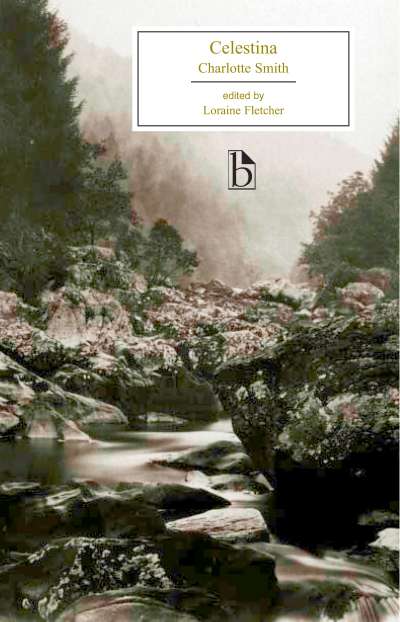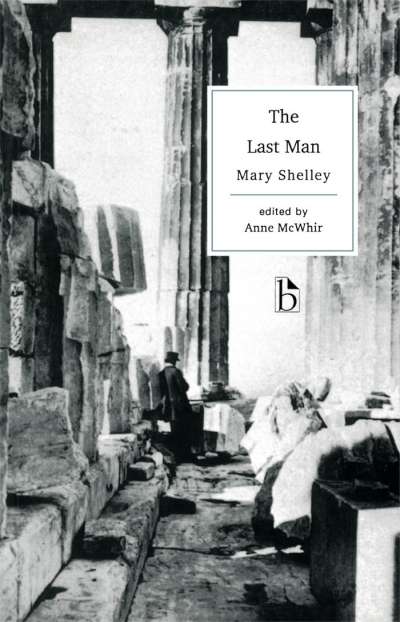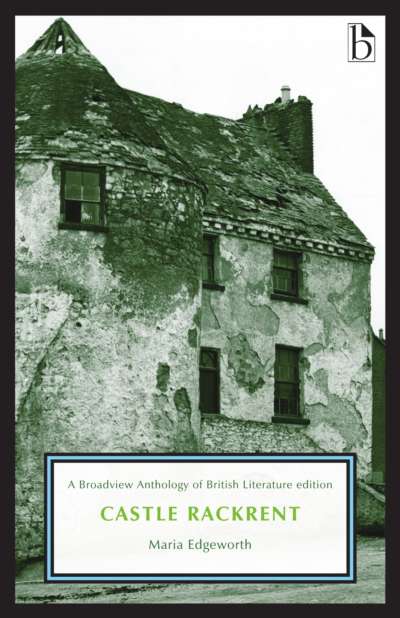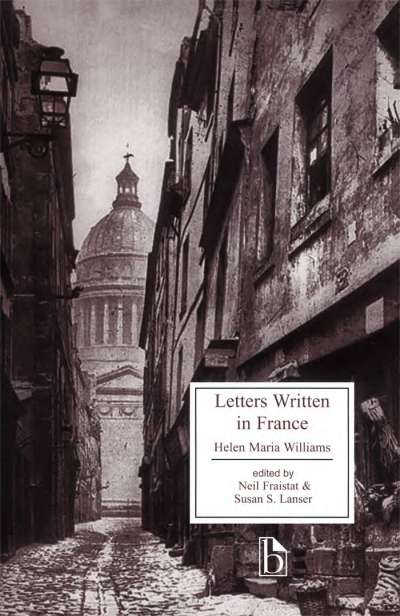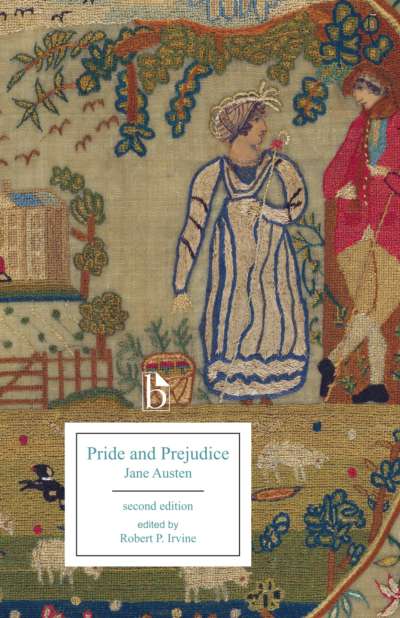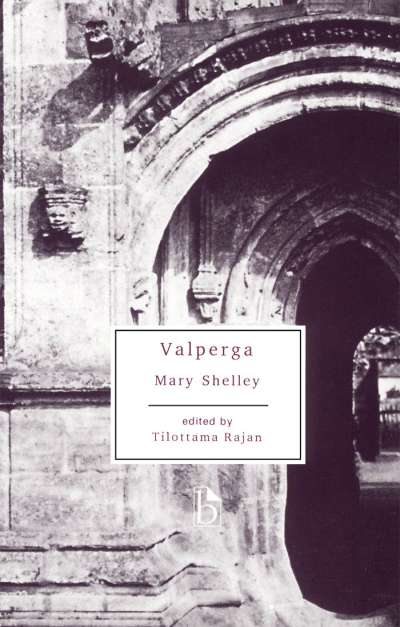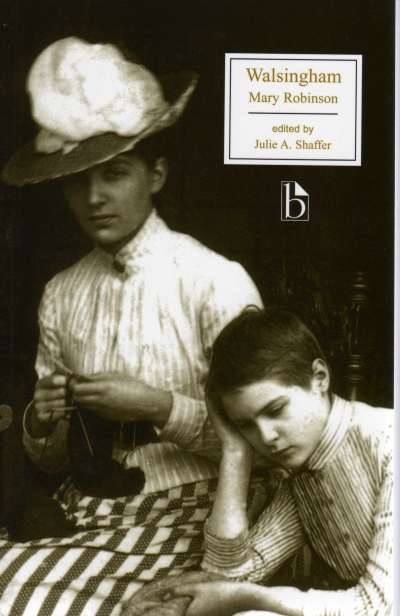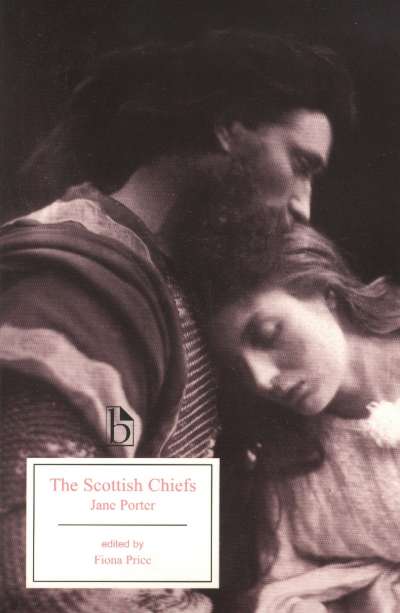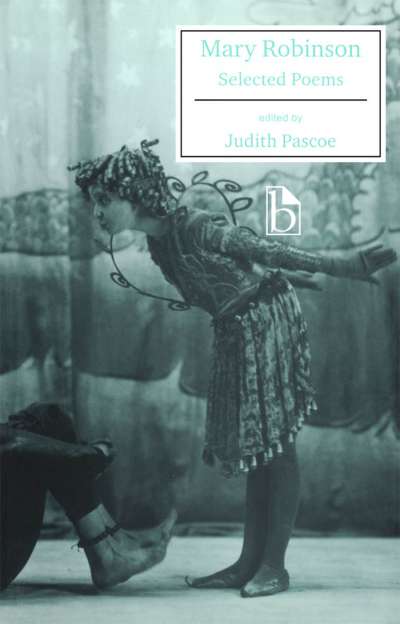Mary Shelley’s Mathilda, the story of one woman’s existential struggle after learning of her father’s desire for her, has been identified as Shelley’s most important work after Frankenstein. The two texts share many characteristics, besides authorship and contemporaneity: both concern parental abandonment; both contribute to the Gothic form through themes of incest, insanity, suicidality, monstrosity, and isolation; and both are epistolary. However, Mathilda was not published until 1959, 140 years after Shelley wrote it—in part because Shelley’s father, William Godwin, suppressed it. This new edition encourages a critical reconsideration of a novella that has been critically stereotyped as biographical and explores its importance to the Romantic debate about suicide.
Historical appendices trace the connections between Mathilda and other works by Shelley and by her mother, Mary Wollstonecraft, while also providing biographical documents, contemporary works on the theme of incest, and documents on suicide in the Romantic era.
For Michelle Faubert’s transcription of Mathilda for the Shelley-Godwin Archive, click here.
Comments
“The Broadview Press edition of Mathilda fills a gap in Romantic studies. The long-suppressed work (Godwin refused to return the manuscript) wasn’t published until 1959, and its immediate critical reception was almost entirely biographical. Michelle Faubert’s astute introduction to this new edition offers a scrupulous account of the work’s critical reception and opens new possibilities for understanding what she calls a ‘purgatorial text.’ The judicious appendices, a hallmark of Broadview Editions, situate Shelley’s novella in the contexts of its immediate intertexts, of its central place in contemporaneous suicide debates, and, crucially, of representations of incest and the Gothic. A paperback edition makes a hitherto neglected text widely available. The sophisticated editorial care evident throughout ensures that this will also serve as the standard scholarly edition.” — Alan Vardy, Hunter College, City University of New York
“Michelle Faubert’s beautifully edited version of Mathilda is the first widely available edition to come from a transcription of Shelley’s original 1819 fair copy. Faubert’s lucid and elegant introduction situates Mathilda in the context of Shelley’s earlier Frankenstein (1818) and later novella The Mourner (1830) and discusses its troubled publication history and recent critical reception. Faubert provides a wide range of well-chosen supplementary material to complement both novice and returning readers’ appreciation for and study of Mathilda. This edition should become the standard classroom text of Shelley’s important, engaging, and notorious second novel.” — Katherine Montwieler, University of North Carolina Wilmington
“The editor writes with a clear sense of hope that the text may find new readers thanks to this publication. I share her optimism … Overall a superb edition that I hope will indeed breathe new life into the oft-forgotten Mathilda and her haunting tale.” — Anna Mercer, Romantic Circles
“This new edition is a welcome addition, and Michelle Faubert offers an affordable volume for use by students, scholars, and general readers, which is accompanied by careful editing and explanatory notes, an authoritative introduction, and accompanying excerpts from contemporary texts. Faubert believes that the work should be better known, and this edition will do much to make it available to readers.” — Lisa Vargo, European Romantic Review
“Faubert makes a convincing case in her edition for the need for new eyes to be brought to the text, as her annotations and notes regarding editing nuances and specifics attest. Because of the careful transcription her work has brought to the manuscript as well as the judicious footnotes readers expect from a Broadview edition, Faubert invites readers to reconsider the text and contexts of the novel even as readers are invited to read anew—Faubert’s notes position the edition for both the ‘popular, as well as scholarly, audience’. … Faubert’s careful edition makes a convincing argument for shining light back on this novella again.” — Lucy Morrison, Women’s Writing

